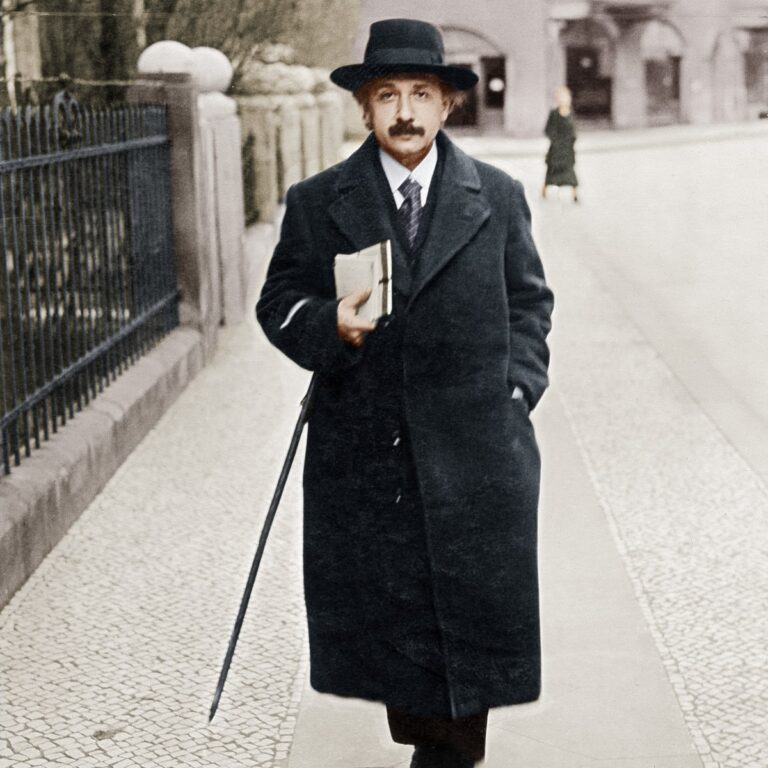Institute for Enhanced Sensing and Distribution Using Correlated Quantum States
QLCI-CI: NSF Quantum Leap Challenge Institute for Enhanced Sensing and Distribution Using Correlated Quantum States
Abstract
+ Building on correlated quantum states, quantum sensing defines the next frontier of measurement science, holds tremendous potential for major discoveries in fundamental physics, and lays the foundation for emerging technologies. Q-SEnSE (Quantum Systems through Entangled Science and Engineering) is an NSF Quantum Leap Challenge Institute led by the University of Colorado at Boulder that embraces extensive collaborations with leading academic institutions, national laboratories, and US industry partners to define and pursue grand challenges in the increasingly crucial field of quantum information science.
+ Q-SEnSE will focus on leading qubit technologies to build scalable and programmable quantum sensing systems with genuine quantum advantages. At the same time, the Institute will explore multiple platforms to translate novel technology into transportable systems engineered for practical application, while also building a national quantum infrastructure to facilitate technology maturation and research-industry cross-fertilization. Designed for core integration of research with education and workforce development, the Institute will create and establish quantum science and engineering workforce development programs for faculty at community colleges, industry professionals, and academic trainees at multiple levels.
This award reflects NSF’s statutory mission and has been deemed worthy of support through evaluation using the Foundation’s intellectual merit and broader impacts review criteria.
+ To support progress in quantum information science for information processing, simulation, and sensing, Q-SEnSE will pursue a broad scope of research topics under three grand challenges that together will advance fundamental science, technology integration, and practical application of quantum technologies. The first grand challenge addresses sensing with quantum advantage, with a focus on basic science and enabling technology that builds on atoms, ions, molecules, and superconducting circuits. By applying many-body quantum states to protect quantum coherence and improve measurement precision and accuracy, the goal is to realize true and ubiquitous quantum advantage in sensing applications.
+ The second challenge is to develop field-deployable sensors and systems by engineering integrated and interconnected quantum systems. Such systems must realize advanced measurement and transduction capabilities robust enough to be deployed in spatially distributed fields. The third grand challenge is to build a national quantum infrastructure for sensing. To maximize cross-project synergy and encourage standardization and technology adoption by industry, a common platform will be built on the specific atomic species of strontium, which will be used for quantum sensing, simulation, and computing.
Content may have been edited for style and clarity. The “+” to the left of paragraphs or other statements indicates quoted material from “Source:” document. Boldface title is original title from “Source:” Italicized statements are directly quoted from “Source:” document. Image sources are indicated as applicable.

